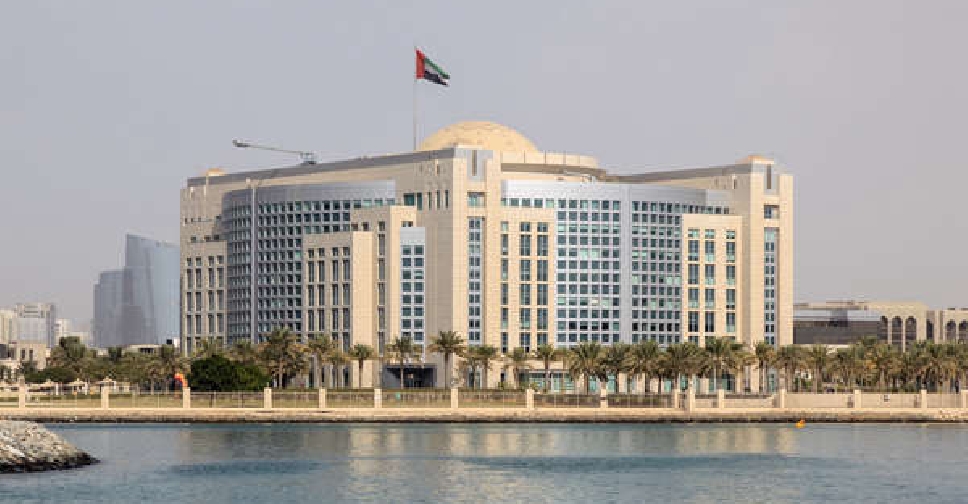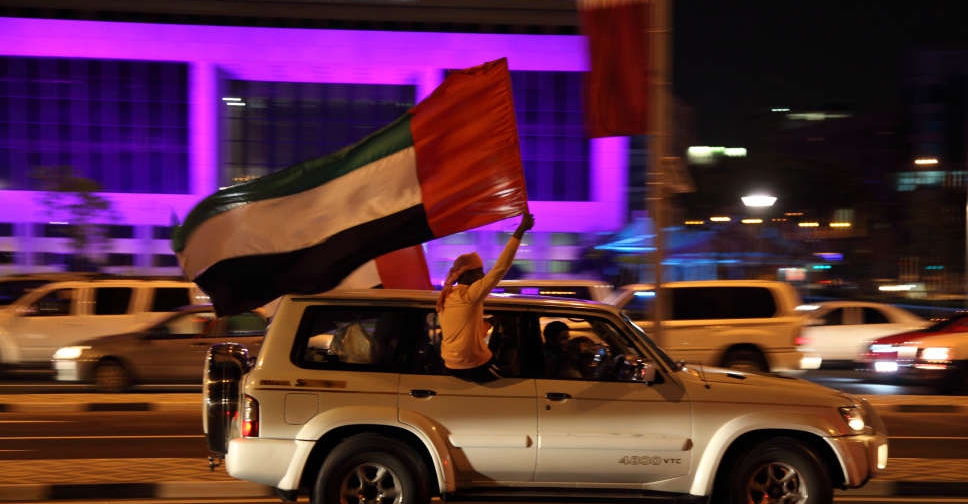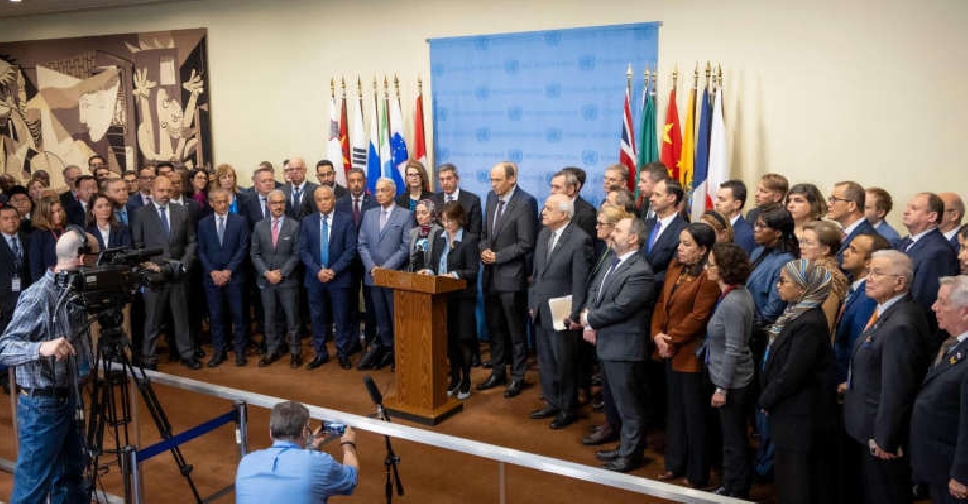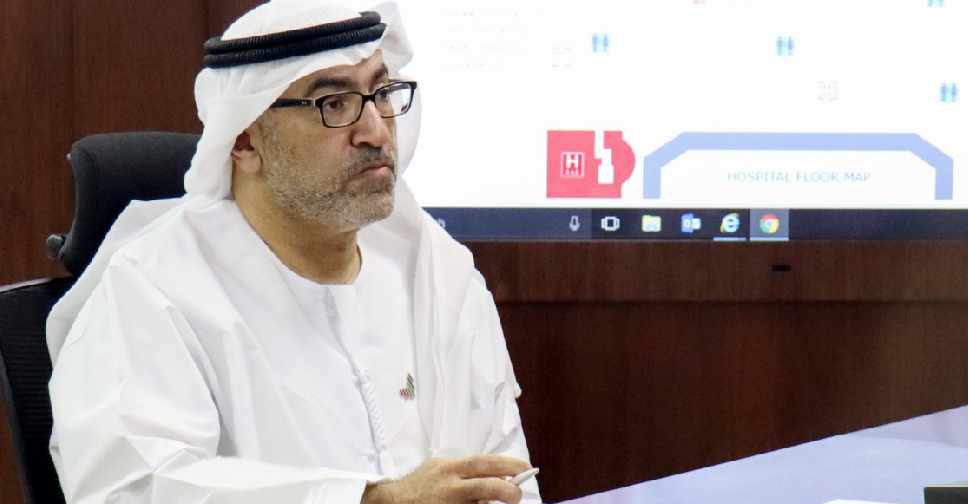
The UAE, represented by the Ministry of Health and Prevention (MoHAP), took part in the G20 Health Ministers Meeting and G20 Joint Finance and Health Ministers meeting hosted by Brazil from October 29-31.
The meeting was held to discuss global health challenges, identify strategic priorities, and developing long-term plans to build resilient health systems, contributing to the 2030 Sustainable Development Goals.
The UAE delegation, led by Abdul Rahman bin Mohammad bin Nasser Al Owais, Minister of Health and Prevention, included Dr. Yousif Mohammed Al Serkal, Director-General of Emirates Health Services (EHS), Nasser Al Badour, Assistant Under-Secretary in the Ministry of Health and Prevention, Dr Abdullah Al Naqbi, Executive Director of Supporting Health Services at EHS, and other officials.
With Saleh Ahmed Alsuwaidi, UAE Ambassador to Brazil, in attendance, the delegation joined high-level discussions on pivotal topics such as climate change-related health challenges, health equity, the One Health approach, antimicrobial resistance, epidemic preparedness, and research and development to strengthen health systems.
The ministers of health and finance also held a joint meeting to explore ways to enhance epidemic preparedness funding, intensify investment in sustainable development goals, and ensure better integration between the health and finance sectors to strengthen collaborative efforts in addressing global health challenges.
The UAE's participation in the G20 Health Ministers Meeting demonstrates its commitment to international collaboration and to supporting health systems globally in line with the UAE Centennial 2071 goals of enhancing the quality of life for individuals and communities as well as fostering a prosperous future for generations to come.
It also underscores the UAE's advocacy for a multilateral approach, positioning itself as a strategic international partner dedicated to advancing health security and promoting societal well-being. Through sustained efforts, the UAE strives to enhance health outcomes and ensure equitable access to healthcare services worldwide.
Al Owais stressed that tackling climate change requires a comprehensive approach and coordinated action at all levels, with health systems playing a critical role.
He emphasised the need to develop resilient, proactive health infrastructure and comprehensive policies addressing the environmental, social, and economic factors that heighten health risks associated with climate change, adding that ensuring equitable healthcare access for the most vulnerable populations is also paramount.
Recognising the deep connection between climate change and health, the UAE strives to build climate-resilient health systems, incorporating national adaptation plans that feature early warning systems and vulnerability assessments. Through cross-border collaboration, the UAE seeks to create an effective response to climate-induced illnesses, which may disproportionately affect certain groups.
He commended the G20 nations for integrating this approach into global health policies, emphasising its critical role in combating antibiotic resistance and neglected tropical diseases while also strengthening health systems’ preparedness for future emergencies.
He also praised the World Health Organisation (WHO) for its role in promoting equity and sustainability in global health. He reaffirmed the UAE’s strong support for the WHO’s mission and expressed the nation’s commitment to contributing to global efforts aimed at ensuring a healthier and more sustainable future.
Al Owais highlighted that the UAE views digital health as a crucial tool for enhancing access to healthcare by building a robust infrastructure aligned with the G20 vision.
He welcomed the inclusion of the UAE Framework for Global Climate Resilience in the G20 Health Ministerial Declaration on Climate Change, Health and Equity, and One Health, and reaffirmed the UAE’s commitment to collaborating with international partners to establish a health system resilient to climate impacts on public health.
He also expressed the UAE’s appreciation for Brazil’s leadership and efforts in organising a successful summit. He highlighted that the solid foundations of cooperation and partnership among G20 countries play a critical role in shaping unified policies and establishing key health priorities for the year.
Al Owais emphasised the importance of activating joint action, stating that international coordination and cross-sector integration have become essential to enhancing the efficiency of health systems and finding effective solutions to pressing global challenges that no single country or sector can tackle alone.
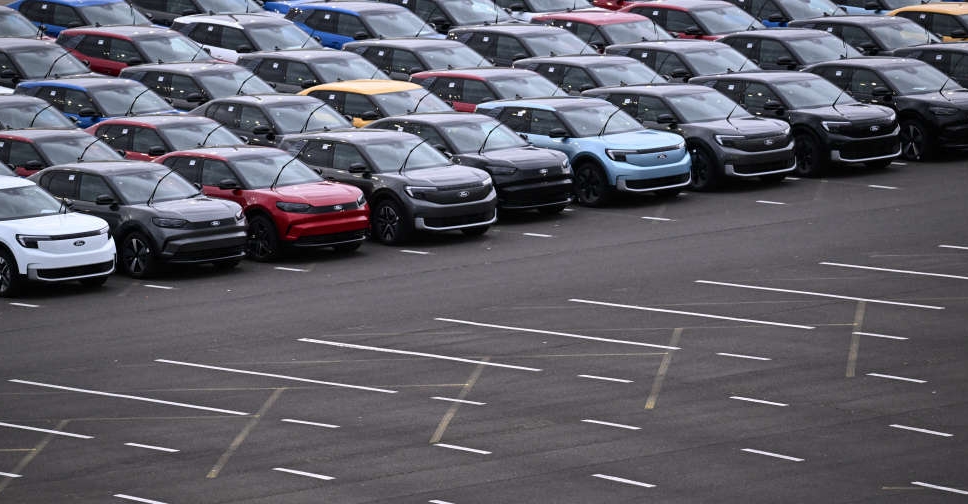 Trump tariffs would deal blow to US automakers
Trump tariffs would deal blow to US automakers
 T-Mobile, SpaceX approved to extend coverage to dead zones
T-Mobile, SpaceX approved to extend coverage to dead zones
 Disney settles suit over women's pay for $43 million
Disney settles suit over women's pay for $43 million
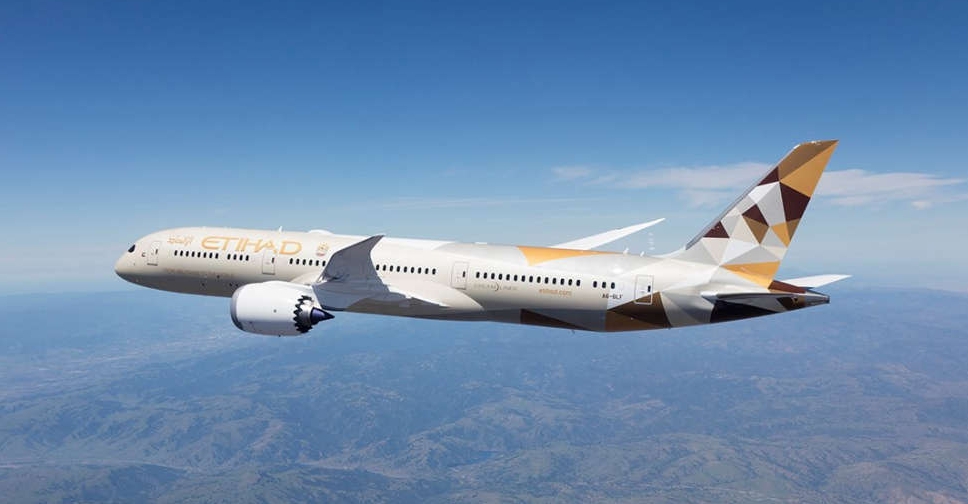 Etihad Airways adds ten new destinations for 2025
Etihad Airways adds ten new destinations for 2025
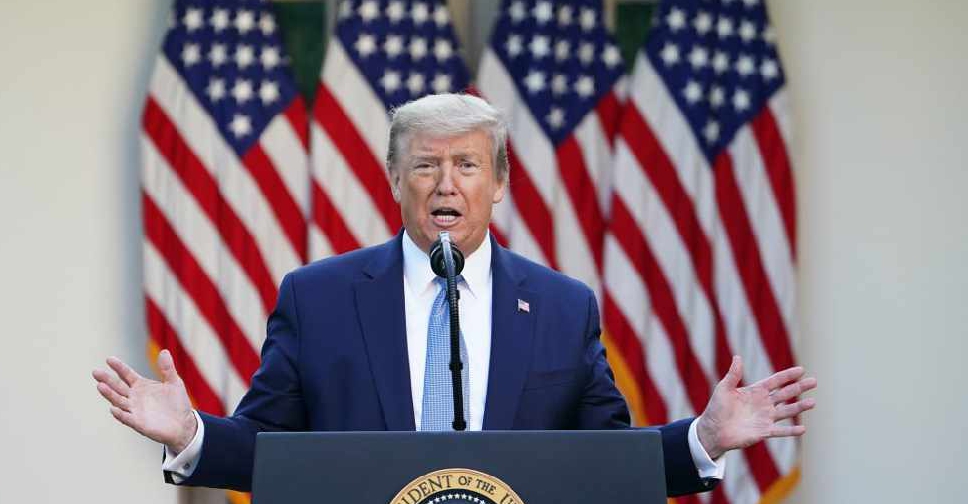 Trump pledges new tariffs on Canada, Mexico, China
Trump pledges new tariffs on Canada, Mexico, China
